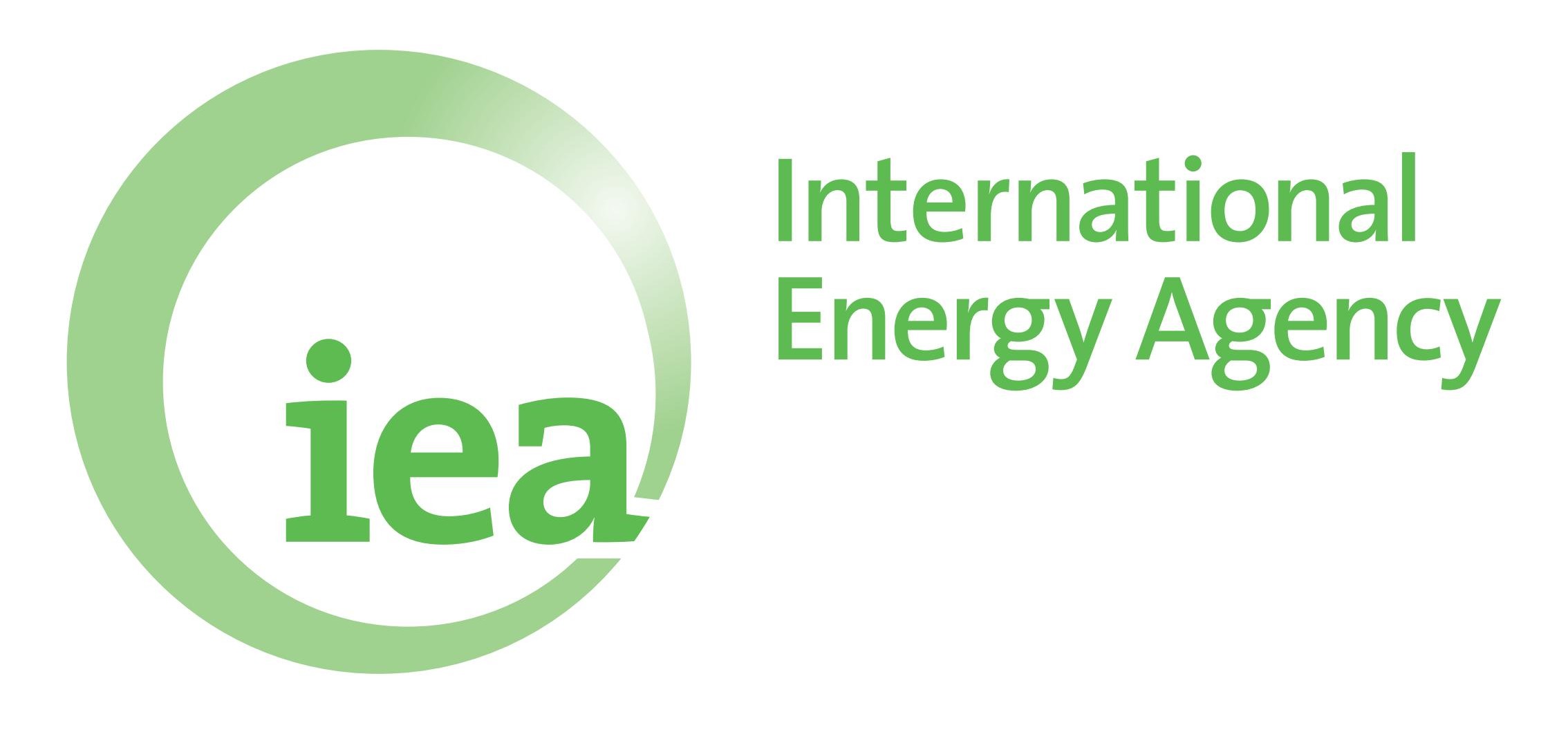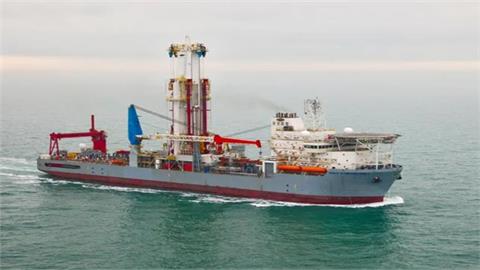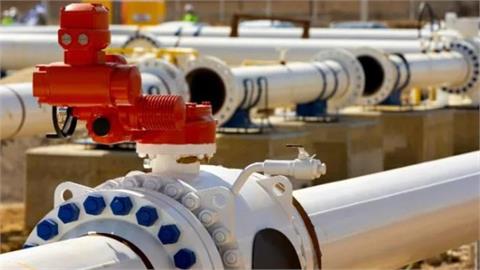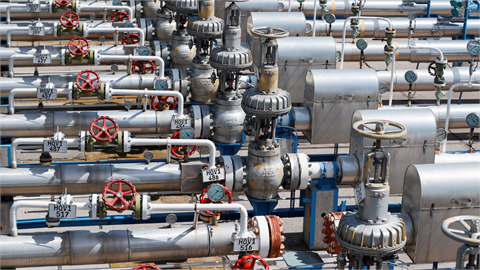Chaired by Turkish Minister of Energy and Natural Resources Taner Yildiz, the IEA Ministerial took place on 19-20 November in Paris, bringing together ministers and senior government officials from the 28 IEA member countries as well as Brazil, China, India, Indonesia, Mexico, Russia and South Africa. Also participating were ministers from the IEA accession nations of Chile and Estonia – the latter of which just cleared the last hurdle toward IEA membership – as well as more than 30 industry leaders from the IEA Energy Business Council, which is made up of top companies active in energy or closely related fields
Chaired by Turkish Minister of Energy and
Natural Resources Taner Yildiz,
the IEA Ministerial took place on 19-20 November in Paris, bringing together
ministers and senior government officials from the 28 IEA member countries as
well as Brazil, China, India, Indonesia, Mexico, Russia and South Africa. Also
participating were ministers from the IEA accession nations of Chile and
Estonia – the latter of which just cleared the last hurdle toward IEA membership – as well as more than 30 industry
leaders from the IEA Energy Business Council, which is made up of top companies
active in energy or closely related fields.
At the conclusion of the meeting, all 28
IEA member countries also issued a separate statement acknowledging the significant role that the energy sector can play in
limiting climate change. In the IEA
Member Countries’ Statement on Climate Change, the ministers backed four
energy policies proposed by the IEA that would keep climate goals alive without harming economic
growth.
Under the theme, "Global Synergy for Tomorrow’s Energy," the two-day conference took place as the IEA prepares to celebrate its 40th anniversary. With the global energy landscape markedly different than at the time of the agency’s founding in 1974, participants exchanged views on heightened co-operation among IEA members, emerging economies and the business community to tackle the related challenges of energy security, sustainability and economic prosperity.
"In the 40th anniversary of IEA’s founding, ministers’ discussions were centred around the policy strategies needed to cope with the challenges presented by the shifting energy landscape and geopolitics that have direct impact on the global energy markets," Minister Yildiz said in the IEA Ministerial Chair’s Summary, issued at the conclusion of the meeting. "Increases in global energy demand, new areas of production, shifts in supply and demand centres on the energy map, energy security and diversification, focus on energy efficiency, linkages between energy, sustainable development and inclusive growth, especially in the face of rising demand also as a result of global economic recovery shaped the discussions of ministers together with partners.
"During the IEA Ministerial, the International Energy Agency and six "partner countries" – Brazil, China, India, Indonesia, Russia and South Africa – on Wednesday for the first time expressed their mutual interest in pursuing a stronger, more enhanced form of multilateral co-operation. The Joint Declaration on Association was issued at the end of the 2013 IEA Ministerial Meeting.
Joint declaration
The Joint Declaration on Association was agreed by the IEA Secretariat and six of the seven partner countries. The announcement represents the first time that the IEA and partner countries have publicly expressed interest in exploring the mutual benefits of adding a multilateral dimension to their already-strong bilateral co-operation.
"As the global energy map is redrawn, the IEA’s 28 member countries face many of the same energy challenges as key emerging economies, and we all share a common interest in building a secure, sustainable energy future. This is why the IEA has always attached such high importance to working with such dynamic countries outside our membership like Brazil, China, India, Indonesia, Russia and South Africa," said IEA Executive Director Maria van der Hoeven.
"Over the past year we have discussed with these key partner counties how we can build on our existing bilateral ties. The declaration we are unveiling today is a vital first step that can facilitate our shared consideration of new, broader approaches to co-operation, which better reflect today’s global energy challenges and opportunities," she added.
Ms. Van der Hoeven noted that further negotiations
would build on the declaration. She added that association would provide an
efficient, voluntary means to work together on areas of mutual interest,
including: increased information-sharing on common energy challenges and best
practices; energy security; transparency and analysis of energy markets; energy
technologies; energy efficiency and renewable energy. Association would also
provide a common forum for regular dialogue between IEA member and partner
countries via participation of partner countries in meetings of various IEA
Standing Groups and Committees as well as this and future Ministerial Meetings.




